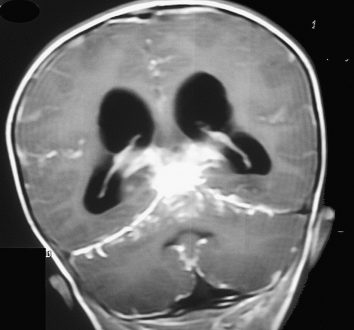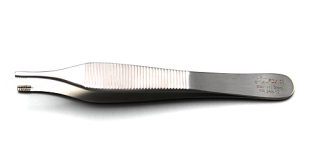The abnormal thickening of the dura mater of the brain and spinal cord is an inflammatory condition that is quite rare. It is known as pachymeningitis. It depends on the condition, either it can involve the brain or spinal cord as well. There are two types of pachymeningitis.
Idiopathic pachymeningitis is when the symptoms of the disease are not identified and have no certain cause. The other name is primary pachymeningitis. Whereas, Secondary pachymeningitis is the stage where the causes are easily identifiable. Furthermore, there is no definite relationship between these two types.
The etiology of the disease has a diverse classification. Charcot was the first clinical researcher to present the case of pachymeningitis. TB and Syphilis were often linked with pachymeningitis, due to its signs and symptoms. The pathogenesis of this rare condition is still under discovery. It is referred to as an autoimmune disease that can result in aggressive infection. Let’s dig into this article further, to know more about this rare disease.
Pachymeningitis Symptoms
The common symptoms triggered by the swelling of pachymeningitis are headache and stiff neck. Fever can also be a sign, which should be considered seriously. Early signs if detectable should be catered with great care to avoid future complications.
Usually, a viral infection is the main cause of pachymeningitis. But bacterial infections can also lead to pachymeningitis. There is a possibility that the causes might get better with time and the patient starts to feel better. While the severe conditions might require antibiotic treatment.
Here are the symptoms commonly experienced by patients who suffer from pachymeningitis.
- Stiffness of neck
- High fever which doesn’t get better in weeks
- Headache
- Nausea
- Vomiting
- Chronic headache, which is persistent throughout the day
- Sleepiness or insomnia
- Light sensitivity
- Seizures
- Loss of appetite
- Excessive thirst
- Skin rashes which are common due to meningococcal infections
There are minute chances that pachymeningitis may occur in newborn babies as well. Are you wondering what kind of symptoms the little ones experience? Have a look!!
- Constant crying
- Sluggishness and inactivity
- Poor feeding
- Vomiting
- Not easily wake up and eat
- A soft bulge in the center of the head
- Irritability
- Stiffness of the body and neck
- Chronic diarrhea
- The infants cry harder and are difficult to comfort
Pachymeningitis Causes
The most common cause of pachymeningitis is viral infections. Bacterial infections are difficult to diagnose and are life-threatening conditions. Bacteria enter the brain and spinal cord through the bloodstream. Sometimes, the meninges are directly invaded by the bacteria. Ear, sinus infection, and surgeries can result in this condition.
The strains of bacteria which are responsible for the development of pachymeningitis are as follows:
- Streptococcus Pneumonia
- Neisseria meningitidis
- Haemophilus influenzae
- Listeria monocytogenes
Viral pachymeningitis is less dangerous than bacterial. They tend to resolve on their own, sometimes without any medication. Enteroviruses are responsible for causing this condition.
Sometimes, the membranes of the brain are invaded by slow-growing organisms. This leads to chronic pachymeningitis. It takes two weeks to diagnose these conditions. Common symptoms will include cloudiness, fever, and nausea.
Drug allergies, chemical reactions, cancer, and other inflammatory diseases can pose a threat to patients who suffer from pachymeningitis. Some risk factors might aggravate the condition or increase the risk. Skipping vaccination dose, age, pregnancy, and compromised immune system are a few of these factors that need to be addressed seriously.
Pachymeningitis Treatment
The treatment will depend on the type of pachymeningitis. Intravenous antibiotics and corticosteroids are required for the treatment of pachymeningitis. The risk of complications is significantly reduced and seizures are less common. A combination of broad-spectrum antibiotics is also recommended to treat the pachymeningitis caused by bacteria.
Pachymeningitis caused by viral infections cannot be treated with antibiotics. The alternative therapy course will include intake of plenty of fluids, complete bed rest, and over-the-counter pain medications like paracetamol or brufen can help to reduce high fever.
Anticonvulsant medications are recommended to control seizures. The underlying cause needs to be determined in the case of chronic pachymeningitis. Antibiotics and antifungal medications are prescribed to treat the condition caused by fungal infections. Although severe side effects can be experienced with the use of these drugs. So, it is important to confirm the diagnosis with the lab tests.
Corticosteroids are preferred to treat pachymeningitis when it is an autoimmune disease. Sometimes, brain surgery can be recommended as well. Pachymeningitis caused due to cancer is related to the condition and the therapy of the patient largely.
 Health & Care Information
Health & Care Information 


